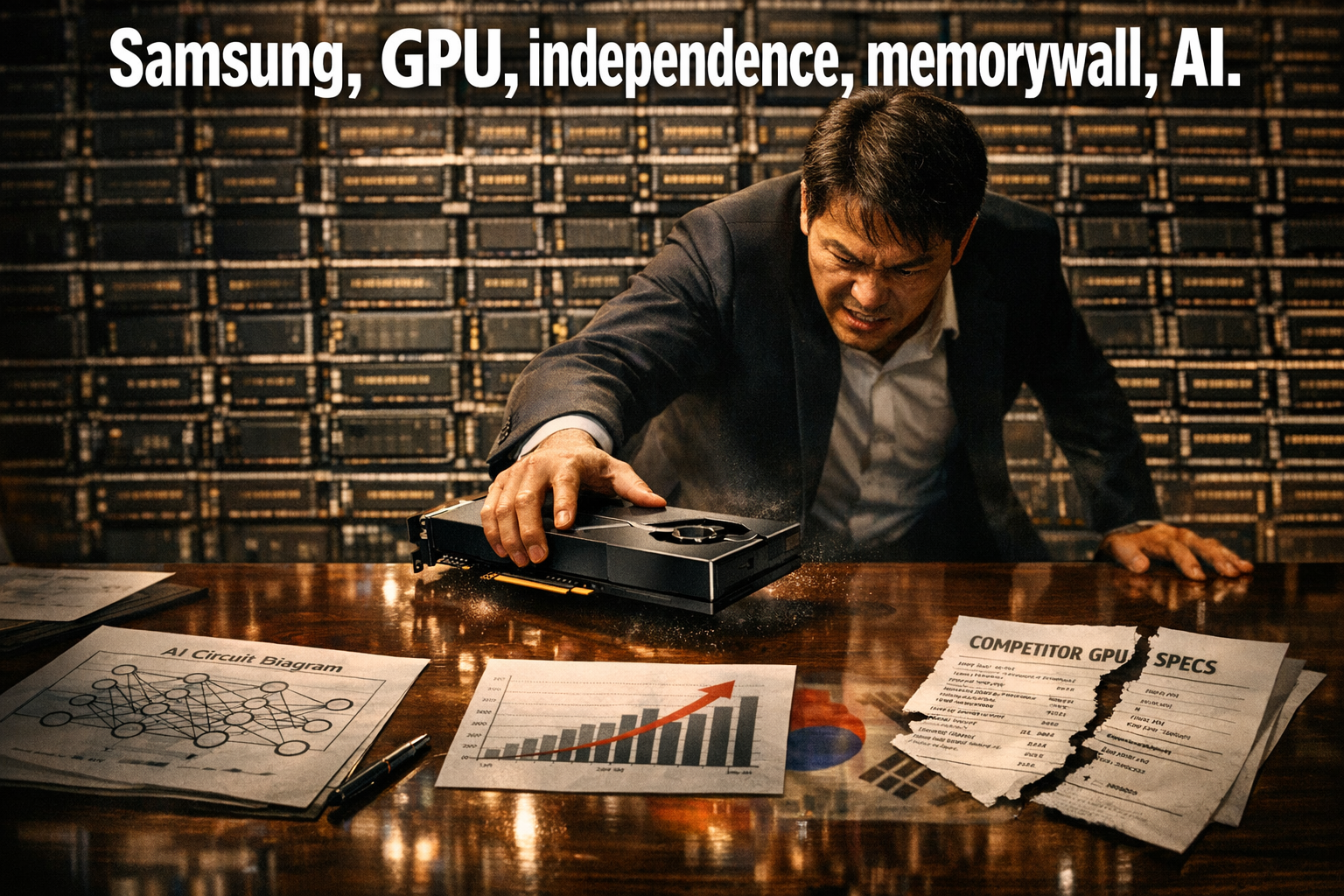● China Preparing to Invade? Samsung’s Nightmare Scenario Unfolds!
Imminent Chinese Invasion of Taiwan? Semiconductor, Intel Acquisition, and Prospects for Global Economic Restructuring
1. Escalating Military Tensions and Preparations for an Amphibious Assault on Taiwan
News of China preparing for an amphibious assault to invade Taiwan is a hot topic.
Recent revelations of a 180m-scale barge have heightened the possibility of a landing.
In response, Taiwan is conducting its longest-ever military exercises.
With a U.S. major commander mentioning Xi Jinping’s directive to invade Taiwan by 2027, military tensions are at an extreme high.
2. Taiwan’s Semiconductor Industry and Global Economic Restructuring
Taiwan’s TSMC plays a pivotal role as the heart of global high-performance semiconductor production.
The reality is that the production of major electronic products, such as iPhones, relies on Taiwan’s Foxconn.
Experts believe that geopolitical instability related to a potential invasion of Taiwan could trigger a restructuring of the global economy and a tech cold war.
The U.S. is showing moves to protect Taiwan by strengthening cooperation with TSMC and Intel.
3. TSMC Intel Acquisition and Global Semiconductor Competition
The U.S. Trump administration is pushing for the acquisition of TSMC and Intel Foundry.
This is foreshadowing the formation of a U.S.-Taiwan semiconductor supply chain alliance led by TSMC.
If Intel’s acquisition is successful, the global semiconductor market could transition to an oligopolistic system led by the TSMC Intel alliance.
As a result, there are concerns about a decline in market share for competitors such as Samsung Foundry.
4. Samsung Electronics’ Strategy and America’s Second Card
If the Intel acquisition falls through, the U.S. may invest further in Samsung Foundry to protect technological sovereignty.
Currently, Samsung Electronics is building a massive foundry plant in Texas, U.S., pursuing a strategy to strengthen the U.S.-centric supply chain.
The U.S. government is expected to continue efforts to reduce reliance on TSMC by utilizing Samsung Electronics as a reliable partner.
In this process, Samsung Electronics’ competitiveness could determine the direction of the global semiconductor hegemony competition.
5. Tech Cold War and Hyper-Intense Global Labor Competition
Competition for technological hegemony and cutting-edge chips, such as AI and high-performance GPUs, is fiercely underway among major countries like the U.S., China, Taiwan, and Japan.
Each country is accelerating technological development through harsh working conditions and long working hours (e.g., 60 hours in the U.S., 996 in China).
Meanwhile, Korea is at a crossroads, discussing work-life balance while needing to strengthen global competitiveness.
As such, the international economic order and global investment patterns are expected to be restructured amid the science and technology hegemony war and hyper-intense competitive environment.
6. Future Outlook and Tasks Remaining for Us
The possibility of a Chinese invasion of Taiwan and the formation of cooperative structures surrounding the TSMC·Intel acquisition will have a significant impact on the overall international economy.
Strengthening the semiconductor supply chain led by the U.S. and Taiwan is expected to lead to a deepening of the tech cold war and changes in global investment flows.
Samsung Electronics is in a situation where it must seek new opportunities against the backdrop of America’s strategic needs.
Korea also needs to find its own survival strategy and competitiveness in the global hegemonic competition.
< Summary >
- News of the imminent Chinese invasion of Taiwan is accelerating military tensions and preparations for an amphibious assault.
- Taiwan’s TSMC is at the heart of the global semiconductor supply chain, emerging as the main player in global economic restructuring and the tech cold war.
- The U.S. is pushing for the formation of a Taiwan semiconductor supply chain alliance through the acquisition of TSMC and Intel, and may utilize Samsung Electronics as a second card.
- Depending on whether the Intel acquisition is successful, an oligopolistic structure of the semiconductor market will be formed, and global investment and competition structures are expected to be restructured.
- Amid hyper-intense labor competition and the tech hegemony war, it is urgent for Korea to devise a survival strategy.
[Related Articles…]
Imminent Invasion of Taiwan, Global Economic Crisis?
Semiconductor Hegemony War: The Story of Samsung vs TSMC
*Source : [Softdragon SOD] “침공 준비 중인 중국” 이건 진짜 삼성 최악의 시나리오잖아요; 소름돋는 현재 상황



